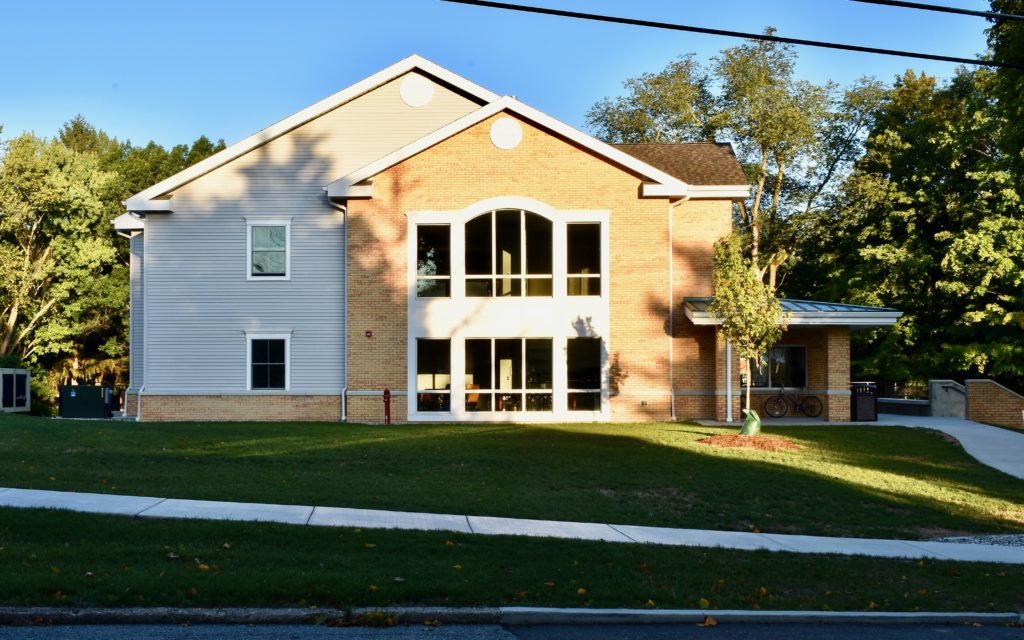
Despite not accepting any federal funding, Hillsdale College will be the city’s largest taxpayer this fiscal year for the first time ever. The current tax roll shows the college paying $101,250.40 in taxes to the city.
Hillsdale College Chief Administrative Officer Richard Péwé said the increase was a result of the parcels used for the construction of the new women’s dormitory on Union Street.
Prior to construction, the college removed a house which was on part of one parcel and built the dorm on a portion of that parcel and part of another.
“I think what the city did, is they used that little parcel the house was sitting on, and made everything taxable,” Péwé said.
While the surrounding parcels are already tax-exempt, Péwé said the city decided to place part of one parcel where the new dormitory was built on the tax roll.
Hillsdale College’s finance department has already asked to have the property removed from the tax rolls because it’s being used “for college purposes.”
Péwé added that the college has a good working relationship with the city, which is responsible for deciding if a property should receive tax exemption.
Another factor contributing to the college’s increased tax roll may be the cost of property assessments. Péwé said the college pays for all of its own property assessments because it does not accept the city’s taxpayer dollars.
“People don’t always realize that we do pay taxes for assessments,” Péwé said.
In addition to the taxable parcel and property assessments, Hillsdale City Assessor Kimberly Thomas said the state is presenting tax information more accurately this year.
“In the past, I believe what they did is they based the top taxpayers on just taxable value,” Thomas said. “Where now, we are running it out of the tax program to tell us which ones are actually paying the most taxes. Because some properties qualify for a partial exemption based on the type of property it is, they don’t always match 100 percent.”
Although property values for the city increased in the past few years, Hillsdale City Manager David Mackie said the taxable values are still recovering from the 2008 financial crisis.
“Our taxable values dropped substantially in the city,” Mackie said. “And when the assessor does their annual evaluation, we are limited by how much properties can increase.”
Mackie said taxable values can drop at any rate, but the values can only increase either by the rate of inflation or by a maximum of 5% — whichever is less.
This year, Thomas said taxable values increased by 2.1% across the state. As a result of this limitation, Mackie said he doesn’t expect the taxable values to reach their 2008 levels until 2029.
“We’ve got another 10 years before our general fund recovers based on that legislation, which slows down the rate that taxes can be increased,” Mackie said.

